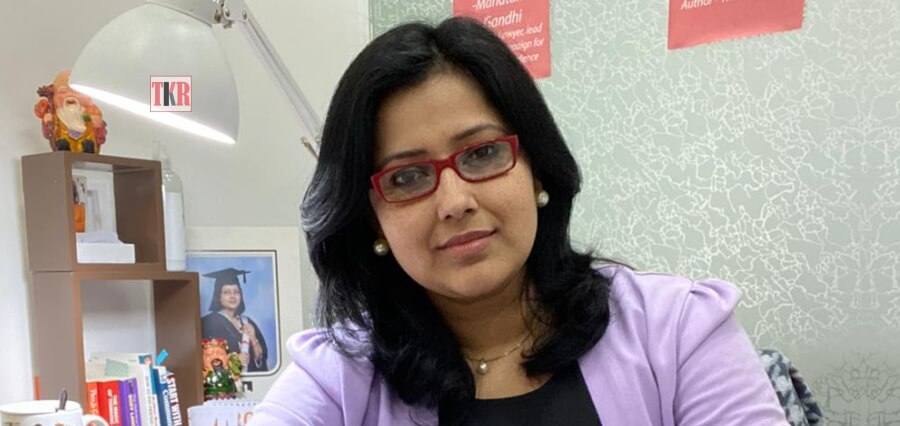Who are our 100 Smart Cities being developed for?
Under all that excessive focus of the role of industries and governments as the catalysts of technology-enabled progress, has it ever occurred to you that these ‘Smart Cities’ are meant to be peopled by you and me, asthe citizens of a city? By the very definition of the term, ‘citizens’, a city has to encompass all of its inhabitants. This means our digitally literate youth, our technologically challenged elderly and retired generations, our army of professionals and smart homemakers as well as our service classes, who now have access to technology but not the skills to use it. In a swiftly accelerating ‘smart’ world, the digitally disenfranchised citizens of India need to become skilled enough to create and inhabit the citizen-driven Smart Citiesof tomorrow.
Today, a minimum level of digital literacy is demanded to claim basic municipal services. Simple tasks like booking household cooking gas, passport applications or railway tickets online are difficult for many. While many such online civic services were introduced in India to reach the citizen directly and to do away with the intermediary, the latter are still around with newer offerings. Add to that the coming of e-commerce in India, and many have been left out in the cold, unable to make use of all the services available to them.
Smart Cities Demand Smart Citizens
The Smart City movement, with its heavy reliance on technology, aggravates the issue further. Smart cities demand smart citizens who would not only enjoy access to technology, but would also possess the skills to make any use of them, including participating in theirfuture growth and development.
Creating smart cities by using technology with citizen interfaces is not just futuristic fiction anymore, but a living reality in some parts of the world. Town planning in Sweden, for example, makes use of citizen participation. This is what the world is calling the third generation of smart cities.
The tech-driven first generation vision largely missed the human elementfor improving the quality of life of citizens. To fill the gap,the latest models today are embracing citizen co-creation. They are connecting data, people and knowledge for the next generation of social participatory processes in urban development.
The challenge for India in this scenario is essentially that of capacity building for its digitally challenged social as well as age groups.
Digital Education for Citizen Participation
We cannot lose our vision for creating a ‘Digital India’just for the want of digital literacy among our vast urban population.A developing country will become a developed one only when its citizens also upgrade and update themselves.According to the Government of India’s ‘Digital India’ mission, digitising India is not just aboutpolicy change, but also a social change.
Among many other core components, this involves a digital literacy programme for Indian citizens. The Prime Minister’s vision for this flagship programme is, ‘…to transform India into an empowered society and knowledge economy’. To make this national vision a reality, it is important to provide our tech challenged citizen groups with convenient, flexible and accessible skill development modules.
Before we can begin to involve citizen participation via smart technologyto create smart cities in India, we have to create smart citizens.

